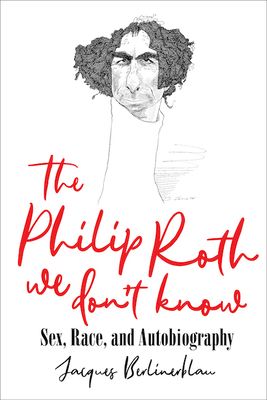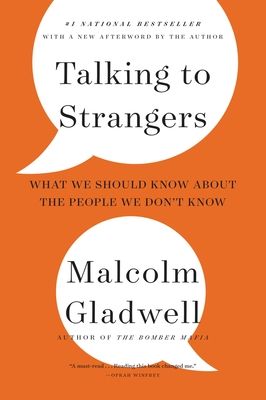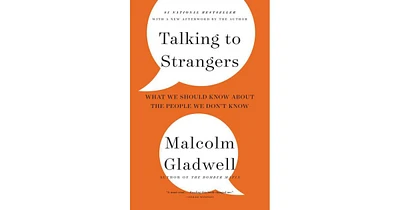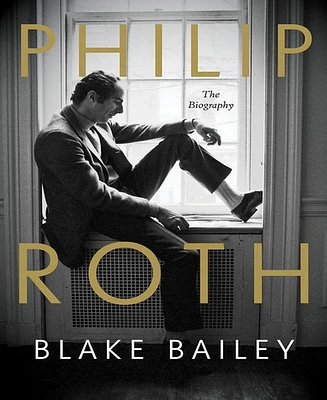Home
The Philip Roth We Don't Know: Sex, Race, and Autobiography
Loading Inventory...
Barnes and Noble
The Philip Roth We Don't Know: Sex, Race, and Autobiography
Current price: $29.95


Barnes and Noble
The Philip Roth We Don't Know: Sex, Race, and Autobiography
Current price: $29.95
Loading Inventory...
Size: Hardcover
*Product Information may vary - to confirm product availability, pricing, and additional information please contact Barnes and Noble
Let it be said, Philip Roth was never uncontroversial. From his first book, Roth scandalized literary society as he questioned Jewish identity and sexual politics in postwar America. Scrutiny and fierce rebukes of the renowned author, for everything from chauvinism to anti-Semitism, followed him his entire career. But the public discussions of race and gender and the role of personal history in fiction have deepened in the new millennium. In his latest book, Jacques Berlinerblau offers a critical new perspective on Roth’s work by exploring it in the era of autofiction, highly charged racial reckonings, and the #MeToo movement.
The Philip Roth We Don’t Know
poses provocative new questions about the author of
Portnoy’s Complaint, The Human Stain,
and the Zuckerman trilogy first by revisiting the long-running argument about Roth’s misogyny within the context of #MeToo, considering the most current perceptions of artists accused of sexual impropriety and the works they create, and so resituating the Roth debates. Berlinerblau also examines Roth’s work in the context of race, revealing how it often trafficked in stereotypes, and explores Roth’s six-decade preoccupation with unstable selves, questioning how this fictional emphasis on fractured personalities may speak to the author’s own mental state. Throughout, Berlinerblau confronts the critics of Roth —as well as his defenders, many of whom were uncritical friends of the famous author—arguing that the man taught us all to doubt "pastorals," whether in life or in our intellectual discourse.
The Philip Roth We Don’t Know
poses provocative new questions about the author of
Portnoy’s Complaint, The Human Stain,
and the Zuckerman trilogy first by revisiting the long-running argument about Roth’s misogyny within the context of #MeToo, considering the most current perceptions of artists accused of sexual impropriety and the works they create, and so resituating the Roth debates. Berlinerblau also examines Roth’s work in the context of race, revealing how it often trafficked in stereotypes, and explores Roth’s six-decade preoccupation with unstable selves, questioning how this fictional emphasis on fractured personalities may speak to the author’s own mental state. Throughout, Berlinerblau confronts the critics of Roth —as well as his defenders, many of whom were uncritical friends of the famous author—arguing that the man taught us all to doubt "pastorals," whether in life or in our intellectual discourse.


















